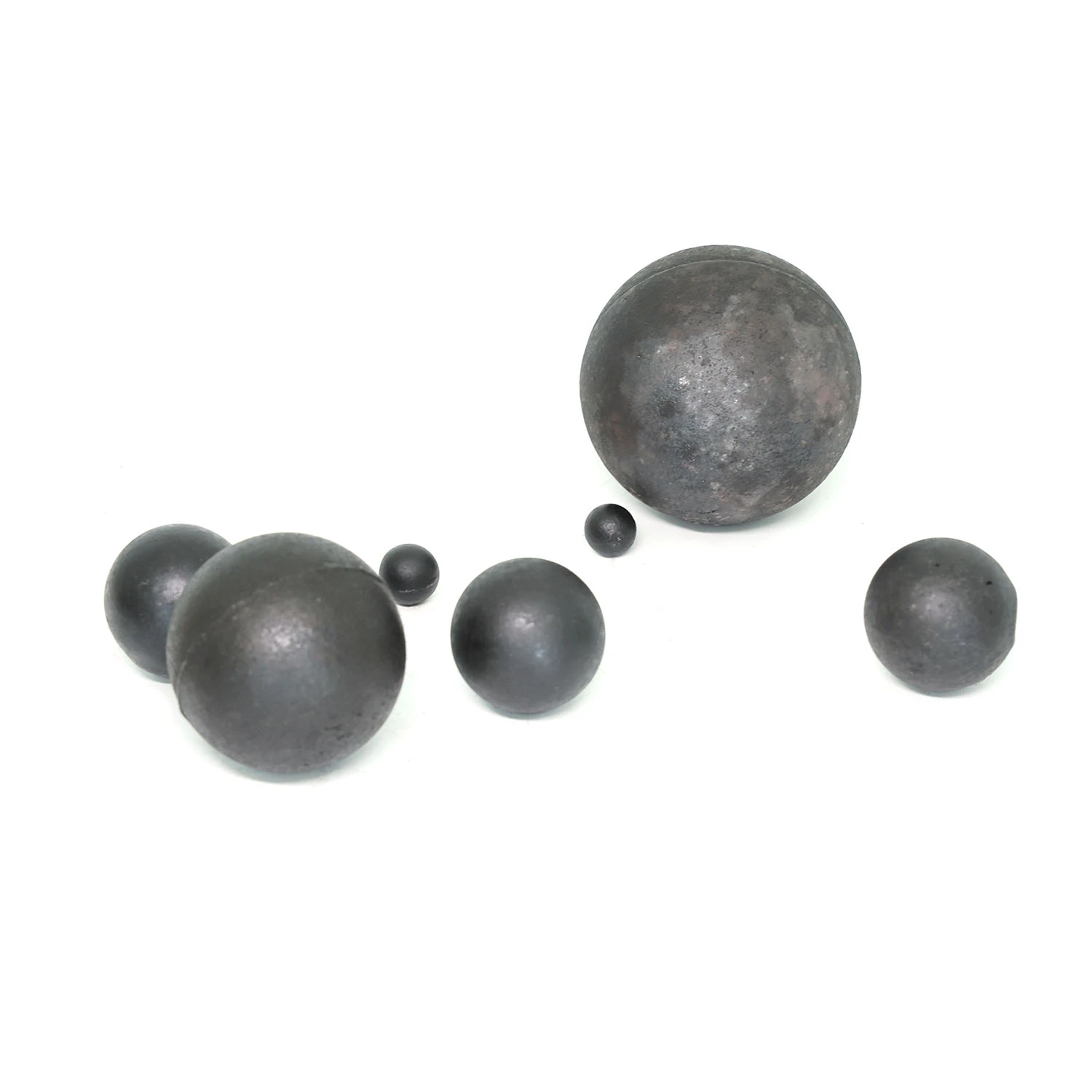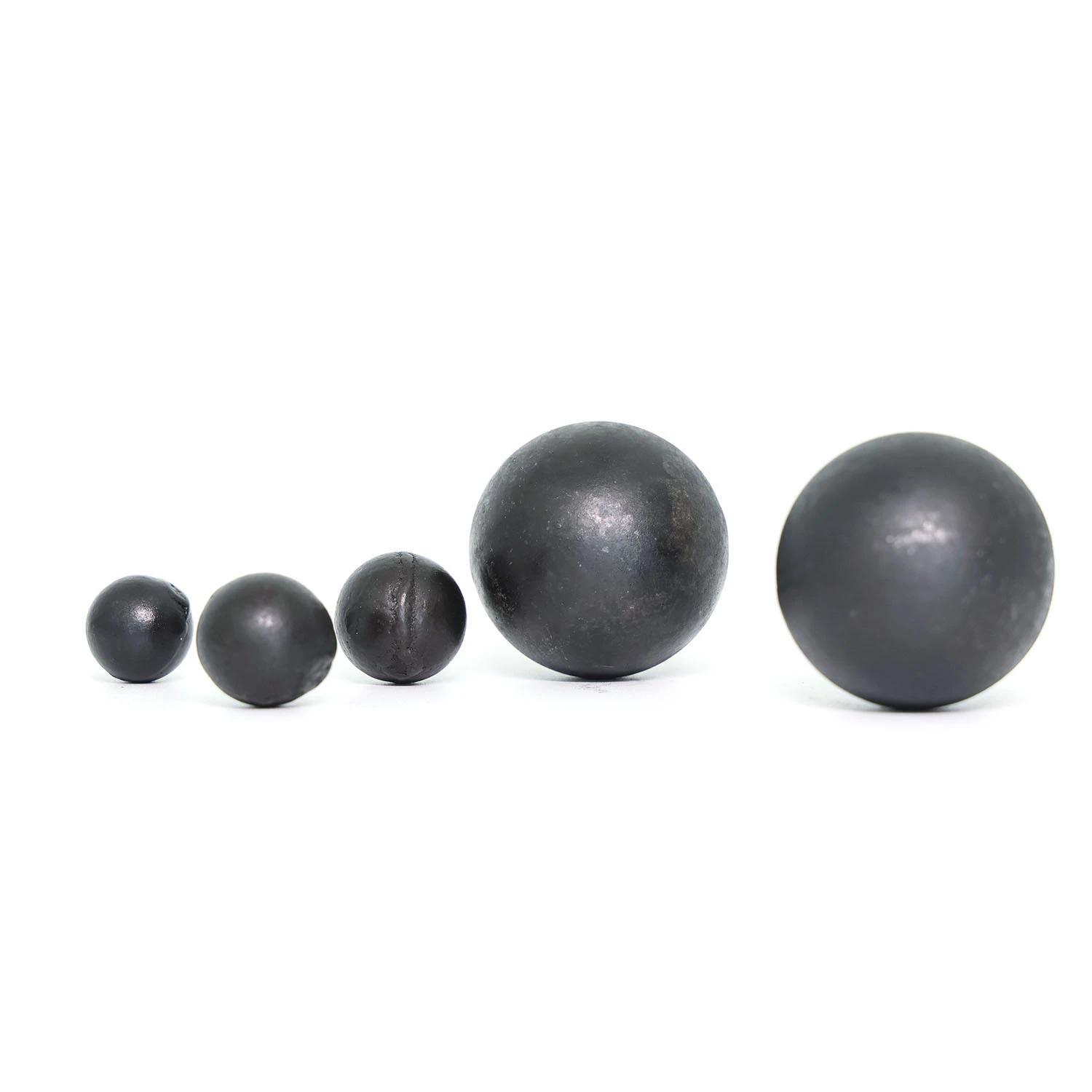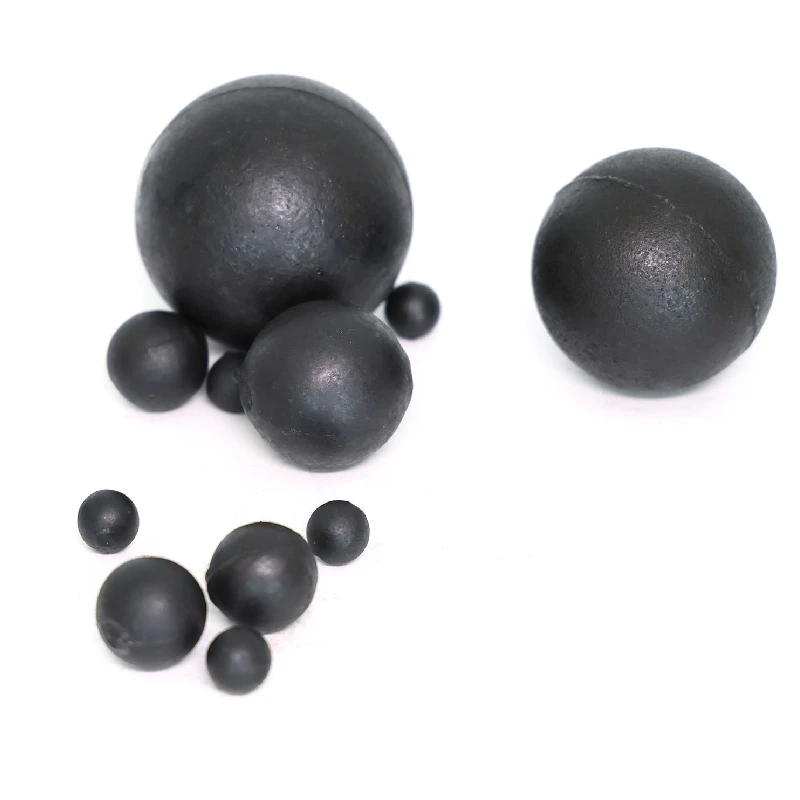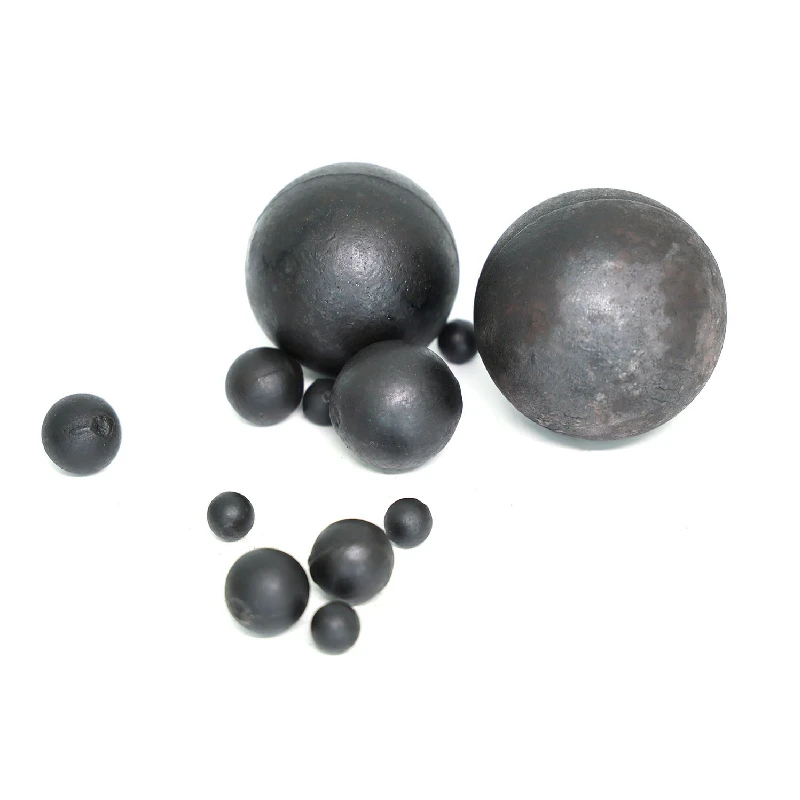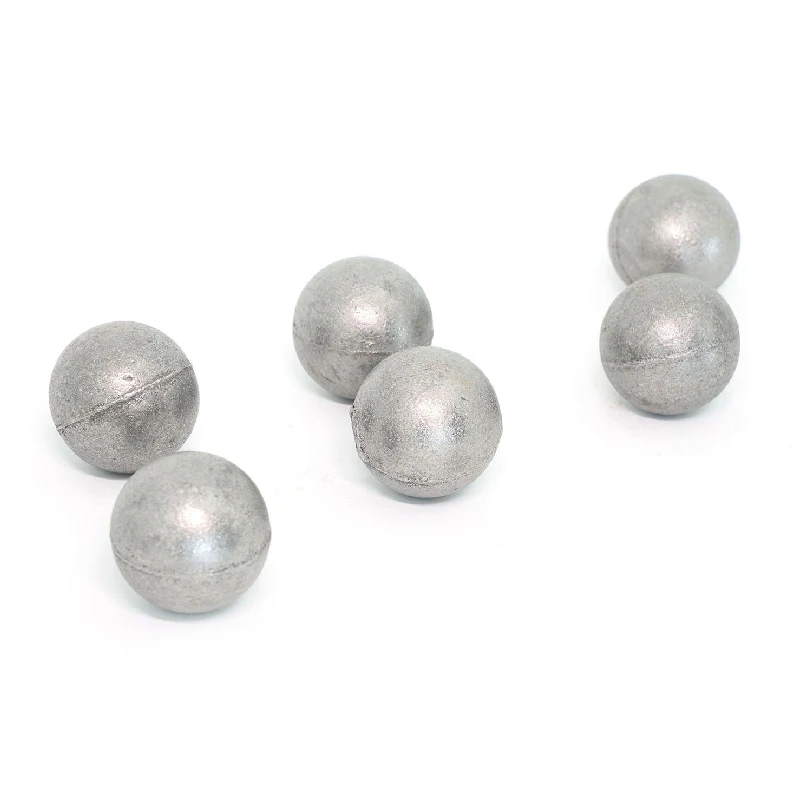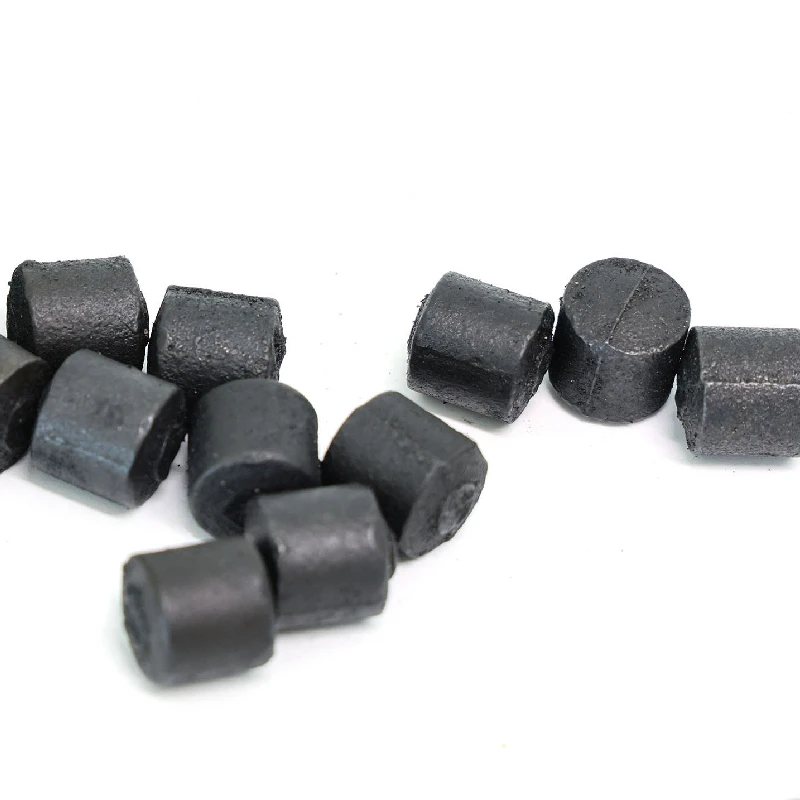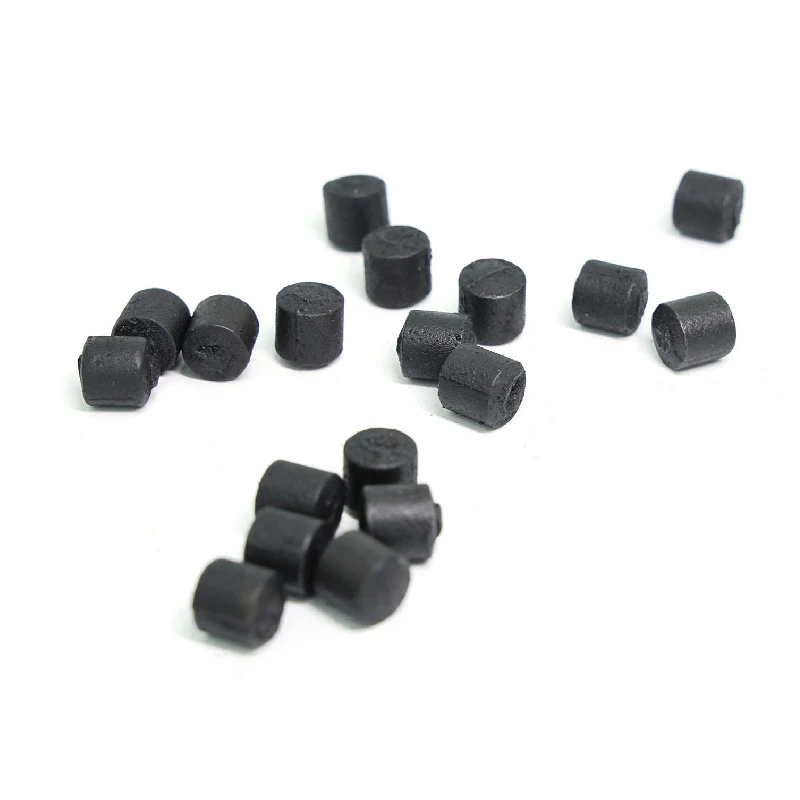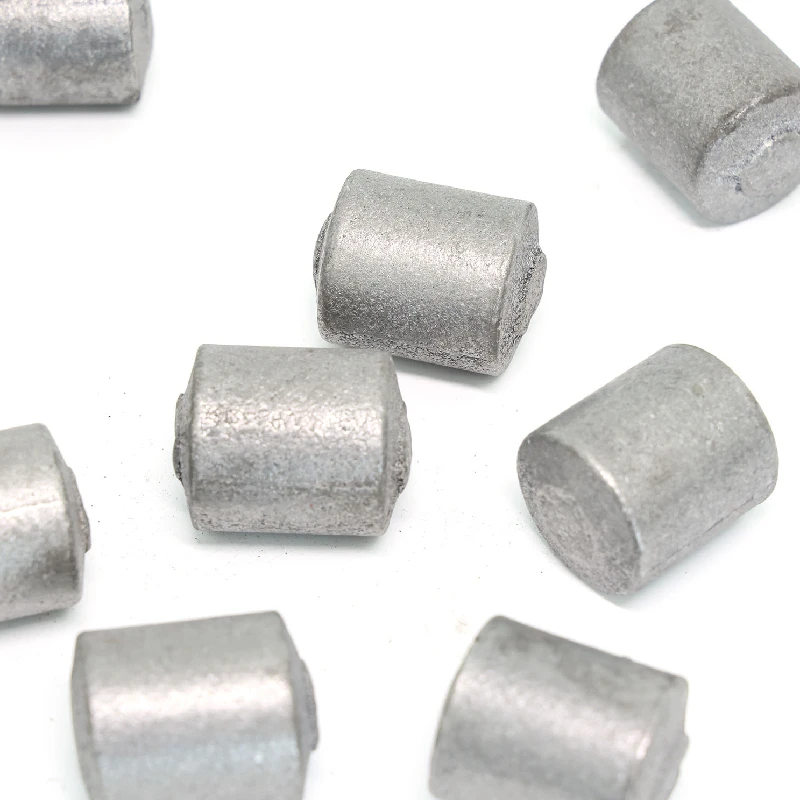- Afrikaans
- Albanian
- Amharic
- Arabic
- Armenian
- Azerbaijani
- Basque
- Belarusian
- Bengali
- Bosnian
- Bulgarian
- Catalan
- Cebuano
- China
- Corsican
- Croatian
- Czech
- Danish
- Dutch
- English
- Esperanto
- Estonian
- Finnish
- French
- Frisian
- Galician
- Georgian
- German
- Greek
- Gujarati
- Haitian Creole
- hausa
- hawaiian
- Hebrew
- Hindi
- Miao
- Hungarian
- Icelandic
- igbo
- Indonesian
- irish
- Italian
- Japanese
- Javanese
- Kannada
- kazakh
- Khmer
- Rwandese
- Korean
- Kurdish
- Kyrgyz
- Lao
- Latin
- Latvian
- Lithuanian
- Luxembourgish
- Macedonian
- Malgashi
- Malay
- Malayalam
- Maltese
- Maori
- Marathi
- Mongolian
- Myanmar
- Nepali
- Norwegian
- Norwegian
- Occitan
- Pashto
- Persian
- Polish
- Portuguese
- Punjabi
- Romanian
- Russian
- Samoan
- Scottish Gaelic
- Serbian
- Sesotho
- Shona
- Sindhi
- Sinhala
- Slovak
- Slovenian
- Somali
- Spanish
- Sundanese
- Swahili
- Swedish
- Tagalog
- Tajik
- Tamil
- Tatar
- Telugu
- Thai
- Turkish
- Turkmen
- Ukrainian
- Urdu
- Uighur
- Uzbek
- Vietnamese
- Welsh
- Bantu
- Yiddish
- Yoruba
- Zulu
touko . 17, 2025 04:25 Back to list
Top Uses of Manganese Steel Durability & High-Impact Applications
- Overview of Manganese Steel and Its Industrial Significance
- Technical Superiority: Why Manganese Steel Outperforms Alternatives
- Manufacturer Comparison: Key Players in Manganese Steel Production
- Custom Solutions for Industry-Specific Challenges
- Real-World Applications: Case Studies Across Sectors
- Data-Driven Insights: Performance Metrics and Cost Efficiency
- Future Trends and Innovations in Manganese Steel Uses
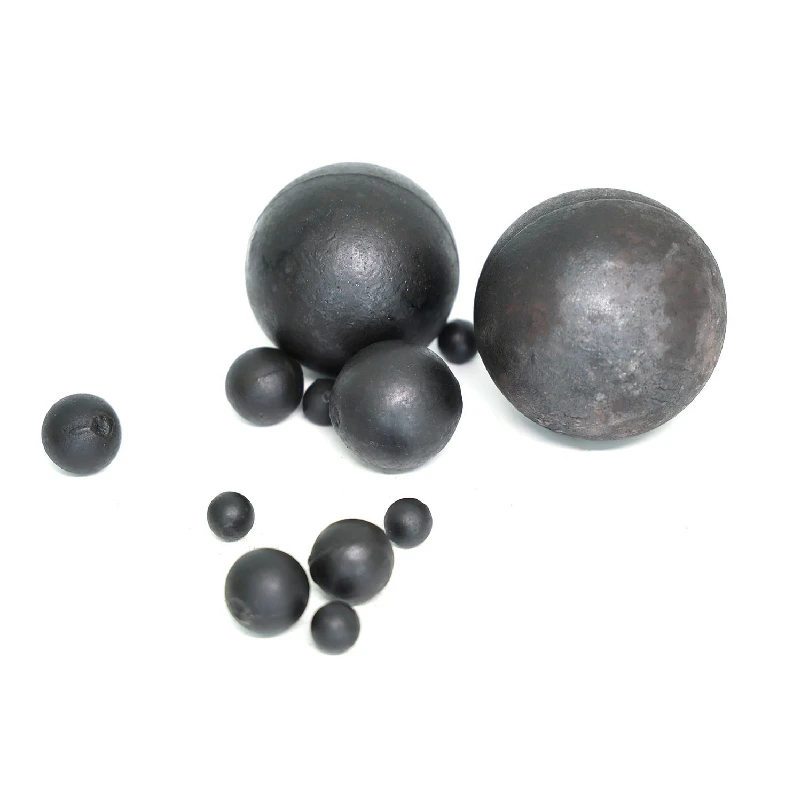
(uses of manganese steel)
Understanding the Versatile Uses of Manganese Steel
Manganese steel, renowned for its exceptional hardness and durability, has become indispensable across heavy-industry sectors. Containing 11–14% manganese, this alloy achieves a unique balance between toughness and wear resistance. Industries such as mining, construction, and rail infrastructure rely on its ability to withstand extreme stress, with global demand projected to grow at a 5.2% CAGR through 2030. Its work-hardening properties enable components to become stronger under impact, reducing replacement frequency by up to 60% compared to carbon steel.
Technical Advantages in Extreme Environments
Manganese steel’s microstructure adapts dynamically under mechanical stress, achieving surface hardness exceeding 550 HB while retaining core toughness. Key technical benefits include:
- Impact absorption capacity: 3× higher than ASTM A36 steel
- Abrasion resistance: 50% longer service life in mining crushers
- Corrosion resistance: Withstands pH levels from 3.5 to 10.5
This combination makes it ideal for components like excavator buckets, rock crusher jaws, and railway crossings where traditional steels fail prematurely.
Leading Manufacturers and Product Differentiation
| Manufacturer | Product Range | Key Metric | Industry Focus |
|---|---|---|---|
| Metallurg Group | Hadfield Grade | 1,200 MPa Tensile | Mining & Aggregates |
| SteelTech Ltd | Silico-Manganese | 18% Cost Savings | Rail Infrastructure |
| AlloyCorp | Custom Heat-Treated | 700 HB Surface | Construction Machinery |
Tailored Solutions for Operational Demands
Advanced manufacturers now offer application-specific formulations:
- Mining: 14% Mn content for crusher liners (8–12 month lifespan)
- Railways: Silico-manganese blends reducing track joint wear by 40%
- Recycling: Impact-modified alloys shredding efficiency +25%
Documented Success Across Industries
A 2023 study tracked manganese steel components in cement plants:
- Ball mill liners: 14-month service vs. 9 months for chromium steel
- Reduced downtime: 120 hours/year saved per production line
- ROI improvement: 18% over 5-year equipment lifecycle
Quantifying Performance and Economic Impact
Comparative analysis reveals:
| Parameter | Manganese Steel | Carbon Steel | Cast Iron |
|---|---|---|---|
| Cost/Ton | $1,200 | $800 | $950 |
| Service Life | 24 Months | 9 Months | 15 Months |
| Maintenance Cost | $0.08/kg | $0.22/kg | $0.15/kg |
Innovations Expanding Manganese Steel Applications
Emerging uses in renewable energy and advanced manufacturing demonstrate manganese steel’s adaptability. Wind turbine foundation components utilizing modified manganese alloys show 30% better fatigue resistance, while 3D-printed silico-manganese parts enable complex geometries for aerospace tooling. With R&D investments exceeding $240 million annually, the alloy continues to redefine performance boundaries in mission-critical applications.

(uses of manganese steel)
FAQS on uses of manganese steel
What are the primary applications of manganese steel?
Q: What industries commonly use manganese steel?A: Manganese steel is widely used in mining, construction, and rail industries due to its exceptional hardness and impact resistance. It is ideal for crusher jaws, railway tracks, and heavy-duty machinery components.
How is manganese steel utilized in manufacturing?
Q: What are common products made from manganese steel?A: Products like rock crushers, bulletproof safes, and excavator buckets rely on manganese steel for durability. Its ability to withstand extreme wear makes it suitable for high-stress environments.
What role does silico manganese play in steel production?
Q: Why is silico manganese important in steelmaking?A: Silico manganese acts as a deoxidizer and alloying agent, improving steel’s strength and corrosion resistance. It is critical for producing high-quality stainless steel and carbon steel alloys.
How does manganese steel differ from regular steel in applications?
Q: What advantages does manganese steel offer over standard steel?A: Manganese steel’s unique work-hardening property makes it tougher under impact, unlike regular steel. This makes it perfect for applications like armor plating and mining equipment.
Where is silico manganese used beyond steel alloys?
Q: Are there non-steel applications for silico manganese?A: Silico manganese is also used in welding electrode coatings and foundry industries. Its alloying properties enhance material performance in high-temperature and corrosive environments.
-
Unveiling the Significance of High - Performance Materials in Wear - Resistant Applications
NewsJun.23,2025
-
Unraveling the Significance of Manganese - Based Materials in Industry
NewsJun.23,2025
-
Unraveling the Significance of Industrial Wear - Resistant Materials
NewsJun.23,2025
-
Optimizing Industrial Equipment Performance with Liner Plates
NewsJun.23,2025
-
Diverse Applications and Insights into Industrial Lining Solutions
NewsJun.23,2025
-
Diverse Alloys Shaping Industrial Applications
NewsJun.23,2025
Realted Products


